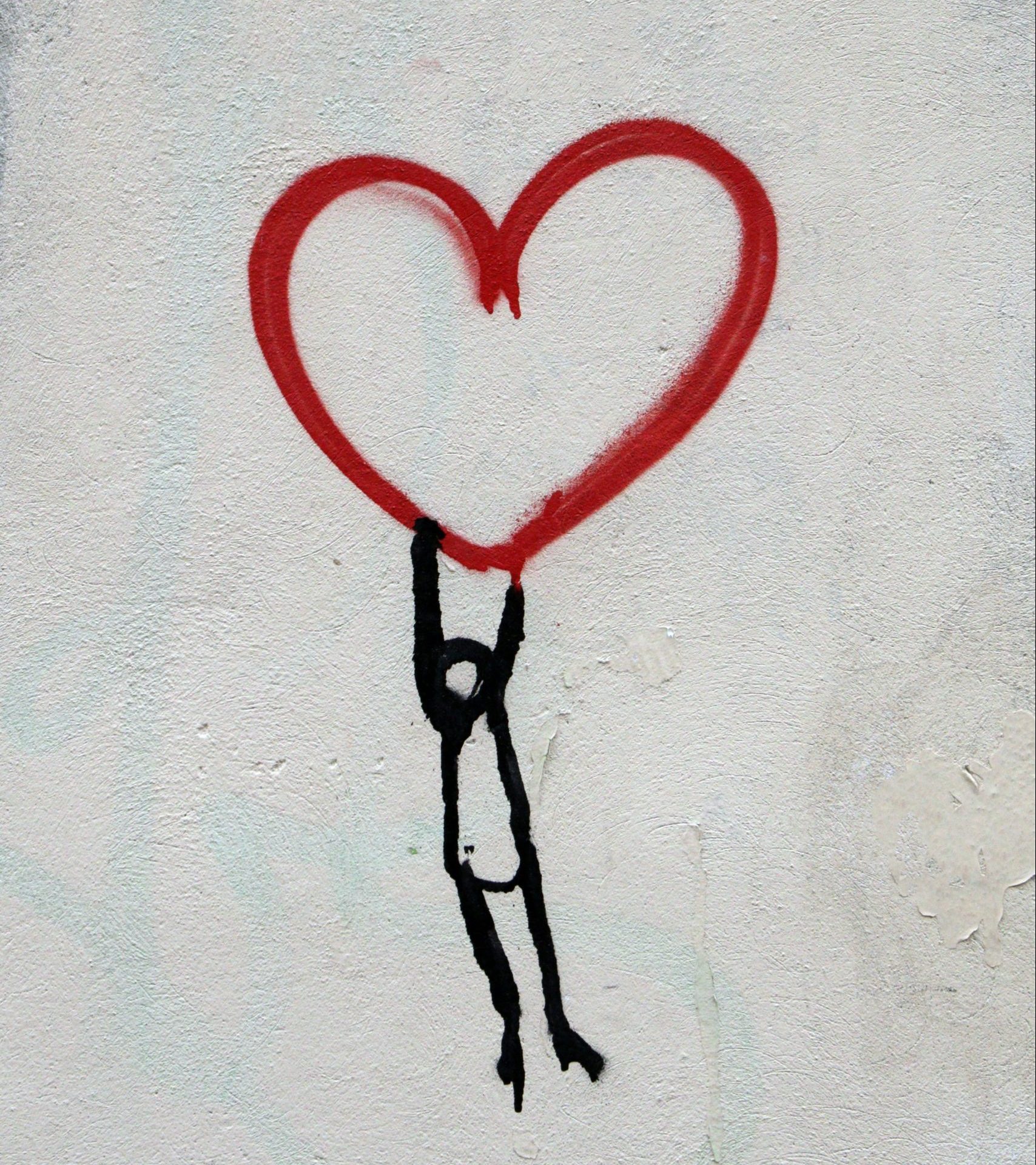It is no secret that feelings of bitterness, anger, and resentment cripple our relationships with others and affects our own emotional, mental, and sometimes, physical health. While it is impossible to get through life without being hurt by another person, our own emotional healing and growth are up to ourselves.
The main question is, how can we forgive those who have hurt us? To forgive means that we are not going to seek revenge on the person who hurt us. We decide to let go of the anger and resentment we feel. It does not mean that we forget or that we don’t protect ourselves from those who harm us.
Psychology Today offers 9 Steps to Forgiveness, by Marilyn Mitchell, MD.
The following list is a condensed version of the article in Psychology Today.
1. Recognize and name the hurt you feel and what others did to cause the hurt. Consider sharing what happened to you to a couple of trusted friends.
2. Forgiving another person for the wrong they did to you will bring you peace. Forgiving may not restore the relationship nor does it overlook the offense. But it can bring you to a new understanding of that person and yourself.
3. While another person’s actions caused you pain, the pain you have is your own. It is up to you, not someone else to resolve it. Forgiveness is about personal power.
4. At the moment you feel upset practice a simple stress management technique to soothe your body’s flight or fight response, such as a breathing exercise, counting, or walking away to cool down. Make a commitment to yourself to do what you have to do to feel better.
5. Instead of mentally replaying your hurt, seek out new ways to get what you want. Focus on a fuller understanding of the story you experienced and look for ways to be grateful.
Many feel that it is impossible to let go of feelings of anger and resentment without supernatural help. How is it possible to do good to those who treat us badly without God’s help? Chip Ingram, a Christian teacher, suggests three steps.
1. Choose to forgive remembering that God offers forgiveness to us. God is the example of forgiving, not by ignoring our offense, but by taking on himself the penalty we deserve. This is essentially what the death and resurrection of Jesus Christ is all about.
2. Pray for those who hurt you, as Jesus instructed his disciples. This idea helps us consider the perspective of the person who hurt us and causes us to see the hurt that person has endured.
3. Remember that feelings of bitterness and resentment may resurface from time to time. It is important to repeat the first two steps. Take time to recognize how you are feeling. Some people do this by journaling, walking in nature, talking with someone else, or engaging in worship.
Finally, you may find strength in the stories of other people who have forgiven those who hurt them. The Forgiveness Project has some truly remarkable stories that may
encourage you in your journey to forgive.
My personal suggestion would be to ask God to help you forgive. As you read the stories from The Forgiveness Project I think you will see that forgiveness has been a process and a gift.
Forgiving those who hurt you is work but, the benefits of being free from resentment, anger, and bitterness will last you a lifetime. Are you ready to begin the journey?



